Yellow Sapphire is a precious gemstone, that belongs to Jupiter planet (Brihaspati) in Vedic astrology. Brihaspati is the biggest planet in our solar system and responsible for wisdom, wealth, and knowledge. This gemstone helps to reduce the bad effects of Brihaspati Graha. We are explaining here some simple tests for yellow sapphire stone identification, which can be done by anyone.
1. The Touch Test
This gemstone is naturally cool. So place the stone on your skin. If it gives a cooler feeling, then it is original; if it gives the opposite feeling within a few seconds, then it is not original.
2. Sunlight Test
Place a piece of white cloth over the Pukhraj and place it in the sun. If you notice a sharp yellow tint where the sunlight reflects, then it is original.
3. Physical examination
Sharp edges: It is one of the hardest gemstones; it is very hard to cut it. So, if a stone has an extremely sharp edge, then the chances of it being a natural gemstone are high.
Bubbles: If yellow sapphire stones were made of glass, then they would have air bubbles inside. On the contrary, an original yellow sapphire would not have any traces of bubbles.
Weight: A natural yellow sapphire is heavy due to its high specific gravity of 3.98 to 4.00. Hold the stone in your hand and try to measure its weight. If it doesn’t feel heavy, it’s a fake stone. By this test, you can easily separate yellow sapphire from its closest simulators, like Citrine(sunela) and yellow beryl, because they have less gravity.
( Must read about organic gemstones )
4. Scratch test
Yellow sapphire scales at 9.0 on the Mohs scale, which means it is very hard. Rub the stone with some hard substance, and if it gets scratched, then surely the stone is not original. This is a very prominent test for yellow sapphire stone identification but remember, this is a destructive test, so do it carefully.
5. The Milk Test
Keep the gem in a cup or glass of milk. If you see any color change, then it is not original. The original gemstone will not show any color change.
Also read – yellow sapphire stone benefits
Magnification
Synthetic yellow sapphire’s inclusions will always be in a pattern while genuine stone’s inclusions will never be like this.
Other than this the pattern of fingerprints that we see inside the sapphire stone is not found in any other stone. Examining some stones with a 10x lens will help you understand the pattern of fingerprints, and you will be able to tell the difference between real and fake but you will need a little skill to check it.
CONCLUSION
The above tests can assist in determining originality, but they should not be considered the final test for yellow sapphire stone identification. Furthermore, one cannot be sure whether the original gemstone is heat-treated or not. So the best and last way to test originality and authenticity is to get it tested through a government-certified or trusted gemology lab. The gemological laboratory checks for originality and also checks if the gemstone has undergone any heat or color enhancement treatment.

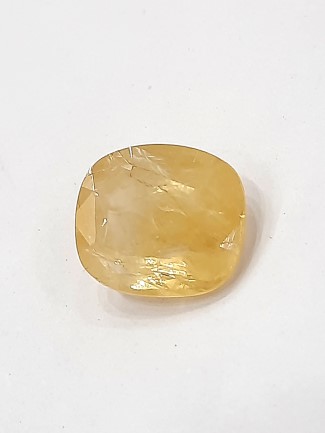


 Blue Sapphire (Neelam Stone)
Blue Sapphire (Neelam Stone) Yellow Sapphire (Pukhraj Stone)
Yellow Sapphire (Pukhraj Stone)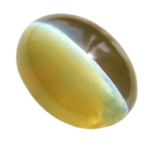 Cats Eye Stone (Lehsunia)
Cats Eye Stone (Lehsunia) Gomed Stone (Hessonite Garnet)
Gomed Stone (Hessonite Garnet) Manik Stone (Ruby)
Manik Stone (Ruby)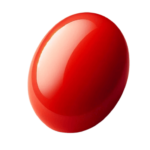 Moonga Stone (Coral)
Moonga Stone (Coral)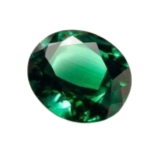 Panna Stone (Emerald)
Panna Stone (Emerald) Pearl Stone (Moti)
Pearl Stone (Moti) Citrine Stone (Sunela)
Citrine Stone (Sunela) Iolite Stone (Kaka-Neeli)
Iolite Stone (Kaka-Neeli) Natural Zircon
Natural Zircon Opal Stone (Doodhiya Pathar)
Opal Stone (Doodhiya Pathar)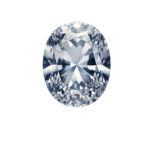 White Sapphire (Safed Pukhraj)
White Sapphire (Safed Pukhraj)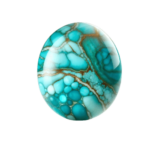 Turquoise Stone (Firoja)
Turquoise Stone (Firoja) Amethyst Stone (Katela)
Amethyst Stone (Katela)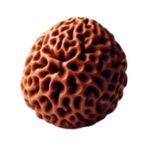 Rudraksha
Rudraksha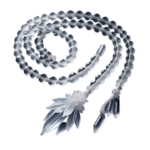 Sphatik
Sphatik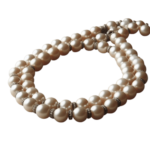 Pearl Mala
Pearl Mala